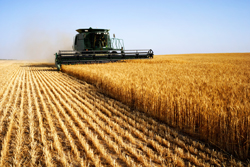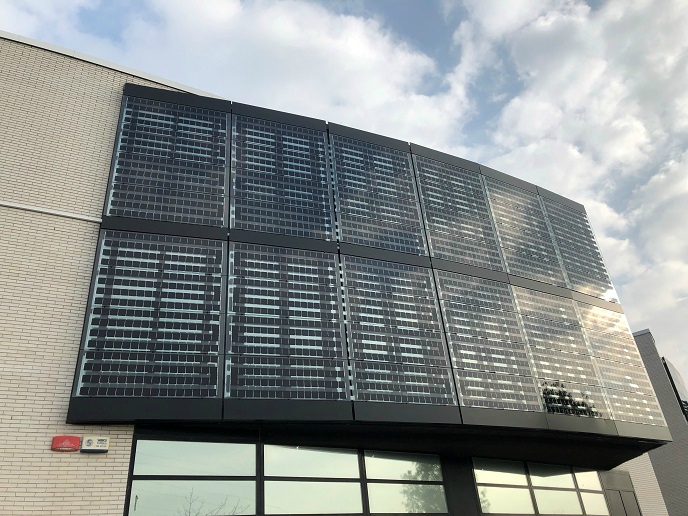A new look at global agricultural markets
Many factors that have not been widely addressed in traditional analyses of trade can have important consequences on global markets. These include the link between agriculture and bioenergy, trade agreements at all levels, changing consumption patterns, and effects of possible agricultural trade liberalisation on prices and farmers' incomes. Scientists initiated the EU-funded project 'New issues in agricultural, food and bioenergy trade' (AGFOODTRADE) to analyse emerging topics in the context of the link between the food and bioenergy sectors. Investigators evaluated not only the effects of agreements on prices, exports and welfare, but also on poverty, food security and the environment. Modelling and case studies emphasised the interrelationship between food and non-food uses of agricultural land and products in light of the growing bioenergy sector. AGFOODTRADE made a significant contribution to the quality of future analyses by updating and developing important databases now in global use. Software tools for analyses and graphical display enable projections of the effects of future trade reform scenarios. In addition, scientists developed numerous equilibrium models of trade flow including those for France, Senegal, Uganda and the world economy. Scientists used these tools and data to analyse current and planned trade negotiations and agreements, particularly trade liberalisation. The effect of specific policies on global world welfare was also assessed. As a result, scientists proposed methods for price stabilisation policies in developing countries. Project members provided a comprehensive analysis of the EU biofuel market and policies (e.g. land-use policies and subsidies) as well as environmental issues related to them. AGFOODTRADE model successfully assessed indirect land-use effects on the agricultural sector by distinguishing between specific biofuel feedstocks and co-products of feed, food and energy. AGFOODTRADE has delivered the data, expertise and tools necessary for the European Commission to quantitatively simulate the effects of future trade agreements on the agriculture sector. Outcomes should help in the development of effective and fair policies that take into account issues of poverty and food security in developing economies.







